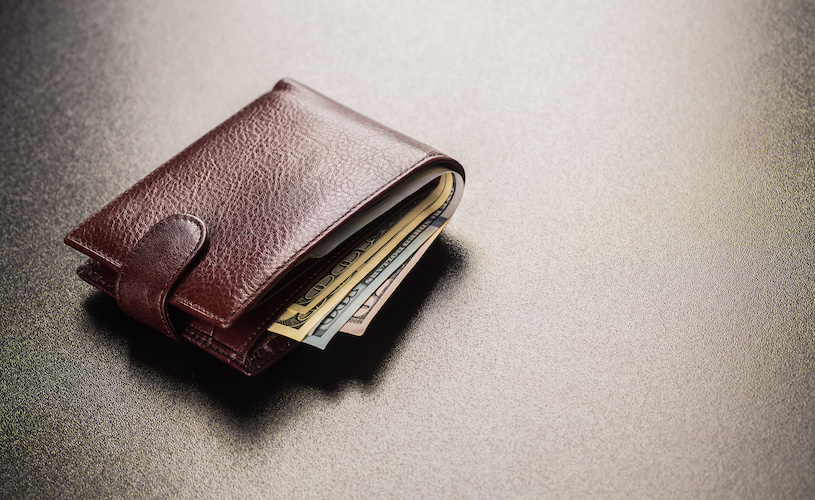at the University of Utah
Management professor’s research shows honesty is the best policy worldwide
Honesty apparently is the best, or at least most common, policy.
That’s according to new research conducted by David Tannenbaum, assistant professor of management at the David Eccles School of Business, which was published in the journal Science. He and his three co-authors dropped more than 17,000 wallets filled with cash in 40 countries.
“We went in thinking that people were going to be less likely to return these wallets,” Tannenbaum told USA Today. “Much to our surprise when the research came back, it had done the exact opposite – people were more likely to return the wallet when it had money in it. We couldn’t believe it.”
The research sought to determine whether people behave more dishonestly when they have a greater financial incentive to do so. Civic honesty is crucial to economic development and a host of other societal functions, including tax collection.
But altruism may not be the only factor that prevents people from taking undue advantage. Evidence suggests people also don’t want to see themselves as thieves — an aversion that intensifies as the monetary benefits of dishonesty increase, the paper’s authors wrote.
“When people stand to heavily profit from engaging in dishonest behavior, the desire to cheat increases but so do the psychological costs of viewing oneself as a thief — and sometimes the latter will dominate the former,” the paper reads.
At the same time, the overall rates at which people returned the lost wallets vary widely among countries, from some 70-80 percent of those observed in Switzerland to fewer than 30 percent in China, the study shows. The United States fell around the midpoint. Around half of those observed in the U.S. returned wallets that had cash — and some 40 percent returned wallets that didn’t.
“While the importance of these psychological factors may vary from context to context, we believe that policymakers should broaden their view of human behavior when designing institutions,” Tannenbaum says. “Specifically, policymakers may underestimate the importance of the interventions that leverage moral concerns in promoting honesty, such as making people more aware of the negative impact their behavior can have on others, and by making it more difficult for them to persuade themselves that they are honest people when they do something wrong.”
The amount of cash varied, with some filled with about $90 and others filled with about $13. Each wallet, which was actually a clear card case, also contained three identical business cards, a grocery list, and a key.
Researchers typically targeted five to eight large cities per country, conducting about 400 observations in each country. Participants took what they identified as lost wallets to institutions in five categories: banks; theaters, museums, and other cultural establishments; post offices; hotels; and police stations, courts of law and other public offices.
Joining Tannenbaum to lead the study were Alain Cohn of the University of Michigan School of Information and Michel Andre Marechal and Christian Lukas Zund, both of the University of Zurich Department of Economics.
The coverage appeared in media around the world, including Scientific American, Newsweek, The Wall Street Journal, PBS, India’s Times Now, and Cosmos Magazine among many others.





